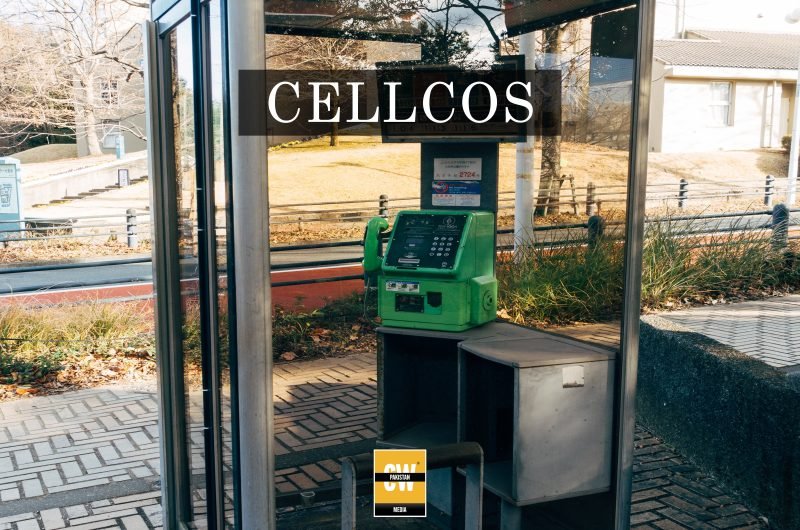PTA has clarified that the delay in Pakistan’s 5G launch is primarily due to unresolved matters related to the acquisition of Telenor by Ufone and pending court cases involving spectrum disputes. Although 500 MHz of spectrum has been reserved for auction, only 275 MHz is currently in use across the country, which is insufficient to meet growing connectivity demands. PTA Chairman Hafeez Rehman made these remarks during a session of the National Assembly’s Standing Committee on IT and Telecommunication, where connectivity challenges, merger delays, and service disruptions were actively discussed.
Rehman stated that running 4G and 5G services without adequate fiber infrastructure is not feasible, contributing to existing performance issues. He acknowledged the connectivity problems, including frequent call drops and service outages. The discussion revealed that no firm decision had yet been taken on the Ufone-Telenor merger, a key factor impacting the pace of the spectrum auction. The Standing Committee decided to formally include this acquisition in its next meeting agenda.
Chairing the meeting, Syed Amin ul Haque stressed that people in every region, especially Baluchistan, have the right to digital connectivity. However, security concerns remain a barrier in parts of the province. He urged the Ministry of IT and Telecommunication to coordinate with the Ministry of Interior, PTA, and relevant security agencies to determine which districts can be feasibly connected to broadband services. He called for a comprehensive strategy to address the limitations imposed by the security landscape.
Minister for IT and Telecommunication Shaza Fatima Khawaja, along with senior officials from the Ministry, PTA, Interior, Universal Service Fund, Ignite, and other key telecom bodies, participated in the meeting. Updates were presented on digital infrastructure initiatives including the Islamabad IT Park and the One Patient One ID program. Chaudhry Mudassar Naveed, CEO of USF, briefed members on broadband expansion projects targeting underserved regions. Adeel Sheikh, CEO of Ignite, also provided updates on national programs such as the Cyber Security Hackathon and DG Skills training.
During the meeting, the issue of internet shutdowns was also raised. It was disclosed that services in Panjgur were suspended based on recommendations from security agencies, not direct instructions from the Ministry of Interior. Shaza Fatima Khawaja said that final decisions in such cases must consider the positions of all relevant security stakeholders. Syed Amin ul Haque emphasized that inconsistent internet availability undermines the Prime Minister’s digital economy goals, especially those related to cashless transactions and nationwide digitization.
Concerns were also raised over the long-standing LDI dues issue. PTA shared that nine operators collectively owe over Rs. 70 billion since 2004, but no consensus has been reached regarding payments. Four major operators have refused installment-based settlements, and PTA lacks authority to offer such arrangements. To resolve this, a four-member subcommittee, led by Sher Ali Arbab, was constituted to re-examine the LDI recovery process and present its findings after consulting the Ministry of IT, LDI companies, and PTA.








